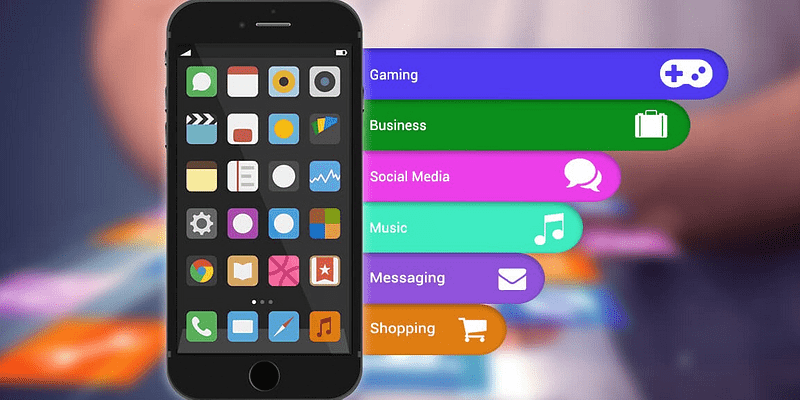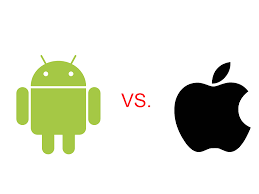
Android

iOS
We can start explaining mobile development, which is not about building phone apps, though it is a huge part of it. Actually, It's doing any reasonably development for any kind of mobile devices such as developing apps for phones, tablets and every form of wearable devices that run any kind of mobile operating system.

We can start explaining mobile development, which is not about building phone apps, though it is a huge part of it.
Actually, It's doing any reasonably development for any kind of mobile devices such as developing apps for phones, tablets,
smartwatches, and every form of wearable devices that run any kind of mobile operating system.
Mobile development presents a reasonably distinctive chance for a one-person development team to build an actual, usable,
significant app end-to-end during a comparatively short period. However, mobile apps development represents more than just a
chance for the solo-developer to create their own project as it is arguably the longer term of development, as mobile devices are
getting larger and bigger parts of our lives.
In this post, we will take a glance at what mobile app development is,
check a number of the major mobile platforms, and speak a bit regarding the technologies that exist for developing so
you will have a clear idea of whether is it a good match for you or not.

Android

iOS
